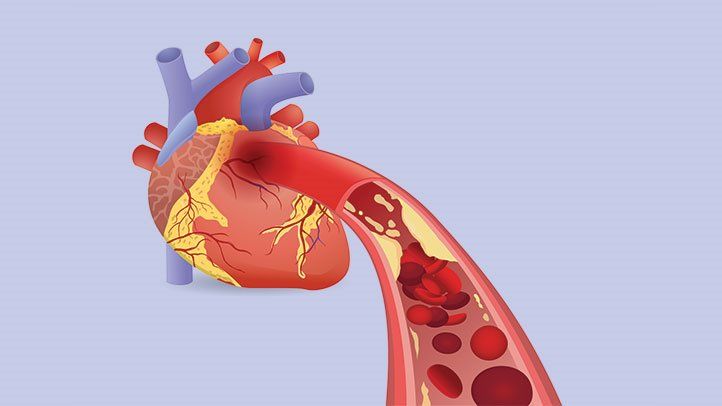The heart is one of the most vital organs in the human body, responsible for pumping blood to other parts of the body. However, blockages in the heart can restrict blood flow, leading to a higher risk of heart attack. It is important to recognize the warning signs, symptoms, and treatment options for heart blockages to prevent a heart attack. Dr. Vivek Kumar, a highly experienced cardiologist, Senior Consultant Interventional Cardiology & Cardiac Electrophysiology at Indraprastha Apollo Hospitals, is considered the best cardiologist in South Delhi, a heart specialist in South Delhi, and one of the top coronary angiography doctors in Delhi NCR.
Warning Signs and Symptoms of Heart Blockage:
Some of the warning signs and symptoms of heart blockages include:
Chest pain or discomfort: This is the most common symptom of heart blockages. It may feel like pressure, tightness, or squeezing in the chest, and can also radiate to the arms, back, neck, or jaw.
Shortness of breath: If you are having trouble breathing or experiencing shortness of breath, it could be a sign of heart blockages.
Fatigue: If you are feeling tired or exhausted all the time, even after getting enough rest, it could be a symptom of heart blockages.
Dizziness or lightheadedness: If you are experiencing sudden dizziness or lightheadedness, it could be a sign of heart blockages.
Nausea or vomiting: If you are feeling nauseous or vomiting, it could be a symptom of heart blockages.
Sweating: If you are experiencing excessive sweating or cold sweats, it could be a sign of heart blockages.
Treatment for Heart Blockages:
The treatment for heart blockages depends on the severity of the condition. In some cases, lifestyle changes, such as a healthy diet and regular exercise, can help manage heart blockages. However, in more serious circumstances, medical attention might be necessary. Some of the treatment options for heart blockages include:
Medications: Medications such as blood thinners, cholesterol-lowering drugs, and antiplatelet drugs can help manage heart blockages.
Angioplasty: This is a minimally invasive procedure that involves inflating a balloon to widen the blocked artery and placing a stent to keep it open.
Bypass Surgery: In more severe cases, bypass surgery may be necessary to reroute blood flow around the blocked artery.
Dr. Vivek Kumar, the best cardiologist in South Delhi and a heart specialist in South Delhi, will conduct a thorough evaluation of your symptoms and medical history to determine the best course of treatment for heart blockages. With his expertise and experience, he can help you manage your condition and prevent a heart attack.
In conclusion, recognizing the warning signs and symptoms of heart blockages is crucial for early detection and treatment. If you are experiencing any of the symptoms listed above, do not hesitate to seek help from the best cardiologist in South Delhi, Dr. Vivek Kumar, who is also one of the top coronary angiography doctors in Delhi NCR. With his expertise and experience, he can help you get the best possible care and improve your chances of a successful outcome.
To get best advice or 2nd opinion about your heart problems can connect Dr vivek kumar senior consultant Cardiology and Electrophysiology Indraprastha Apollo Hospital Sarita vihar New Delhi.
Website www.hridayica.com
Email: hridayicaclinic@gmail.com
